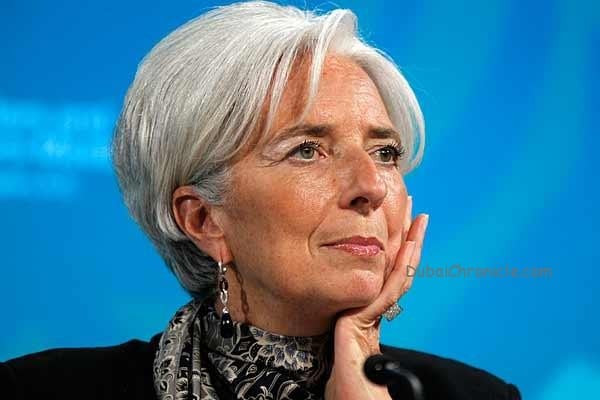
Ms. Christine Lagarde, Managing Director of the International Monetary Fund (IMF), issued the following statement today at the conclusion of a meeting in Qatar with the finance ministers and central bank governors of the Gulf Cooperation Council (GCC)1 :
“I am pleased for the opportunity to attend the GCC meeting and meet the finance ministers and central bank governors of the Gulf countries to discuss the outlook for the region. The meeting is an important platform for policymakers to address problems in a cooperative way. During the meeting, we exchanged views on the challenges facing the global economy and the GCC region, and the policy responses needed.
“At the moment, a large share of fiscal and export revenues in the GCC come from oil. With oil prices having declined sharply since mid-2014, export revenues are expected to be nearly $275 billion lower in 2015 than in 2014. The fiscal and current account balances in the region are deteriorating sharply, with the fiscal balance projected by the IMF to be in a deficit of 12.7 percent of GDP in 2015. Growth is also expected to slow, with IMF projection suggesting 3.2 percent in 2015 and 2.7 percent in 2016, compared to 3.4 percent in 2014.
“The GCC countries face the challenge of lower oil prices from a position of strength. Prudent policies over the past decade have enabled them to build up financial buffers which avoid the need for a sudden or disruptive adjustment in fiscal policy. Nevertheless, with low oil prices expected to persist for a number of years, all GCC countries need to undertake some degree of fiscal adjustment, although the size and urgency of this adjustment varies across countries. Well-planned fiscal consolidation strategies need to be put in place as soon as possible and communicated so that people understand how the adjustment will take place.
“How best to carry out this fiscal adjustment will depend on each country’s specific situation. But the main elements are common across countries: an expansion of non-oil tax revenues; raising energy prices which are still well below international norms; firm control of current spending, particularly on public sector wages; and a review of capital expenditures. Reforms to strengthen the fiscal frameworks would support these consolidation efforts.





































